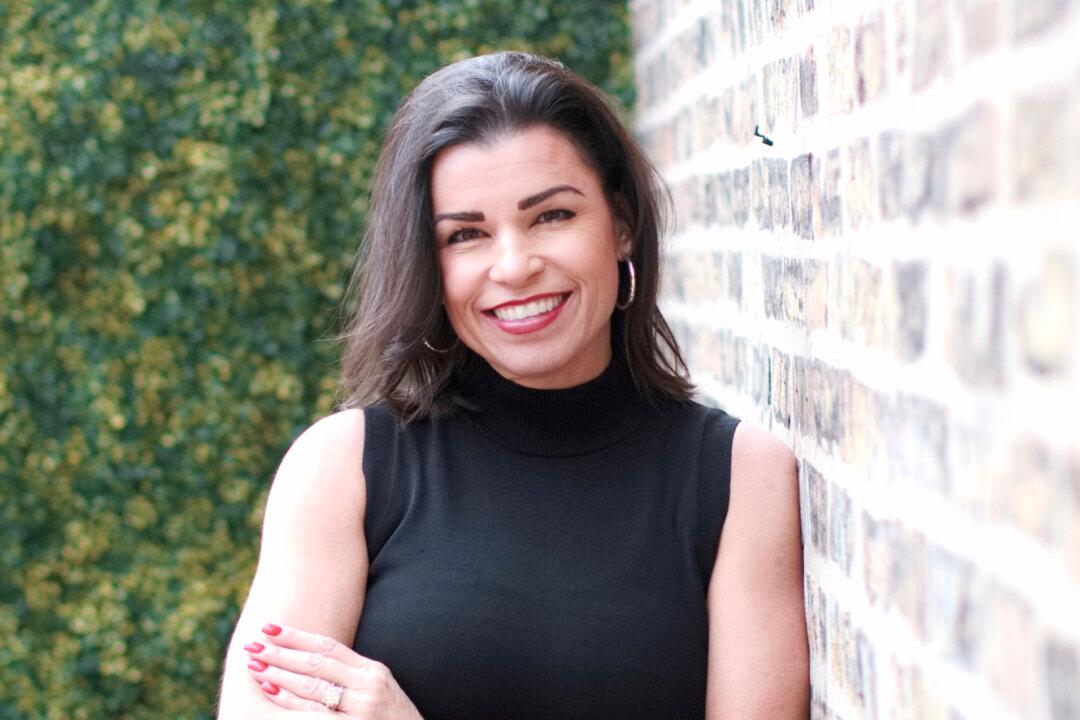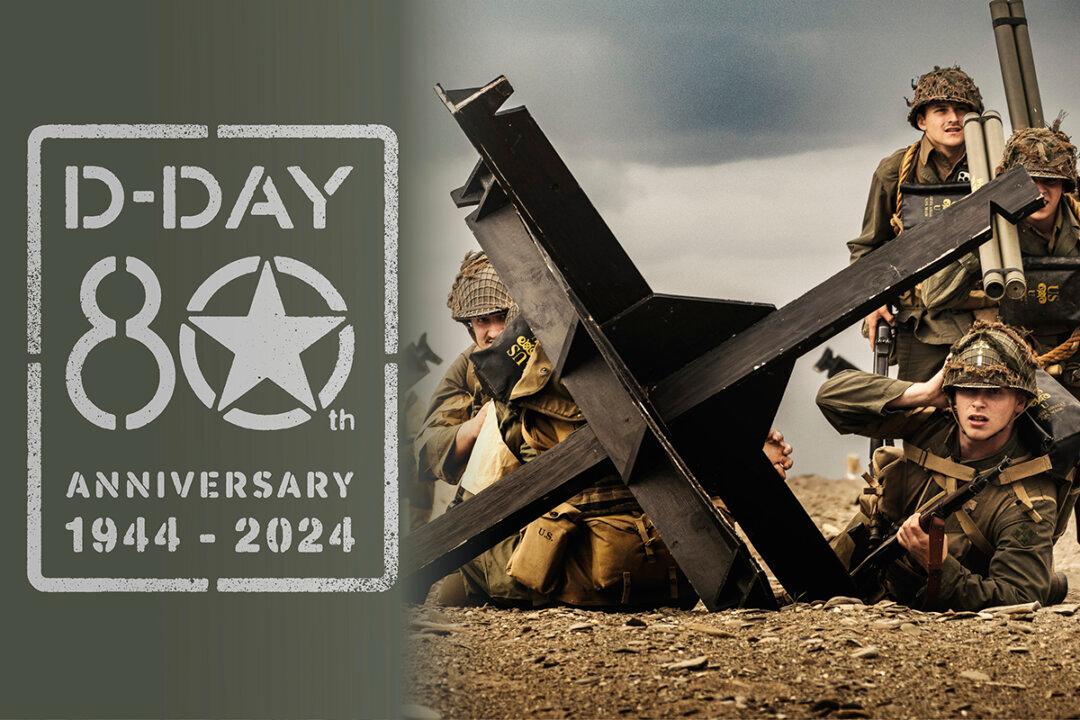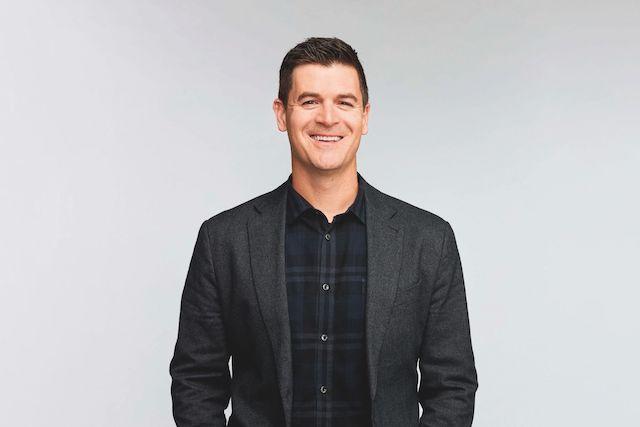Elizabeth Melendez Fisher Good was a church-going girl; she was known as a “good girl.” Then at age 12, she was molested by a trusted family friend. Afterward, he arranged for her to ride with him to church, and molested her more on the way there.
From that sudden loss of innocence, the walls of her life would gradually start crumbling—alongside her self-worth. At age 14, she was raped. It was only the start of what would be years of descent into a personal hell, where she was all but “dead on the outside.”






